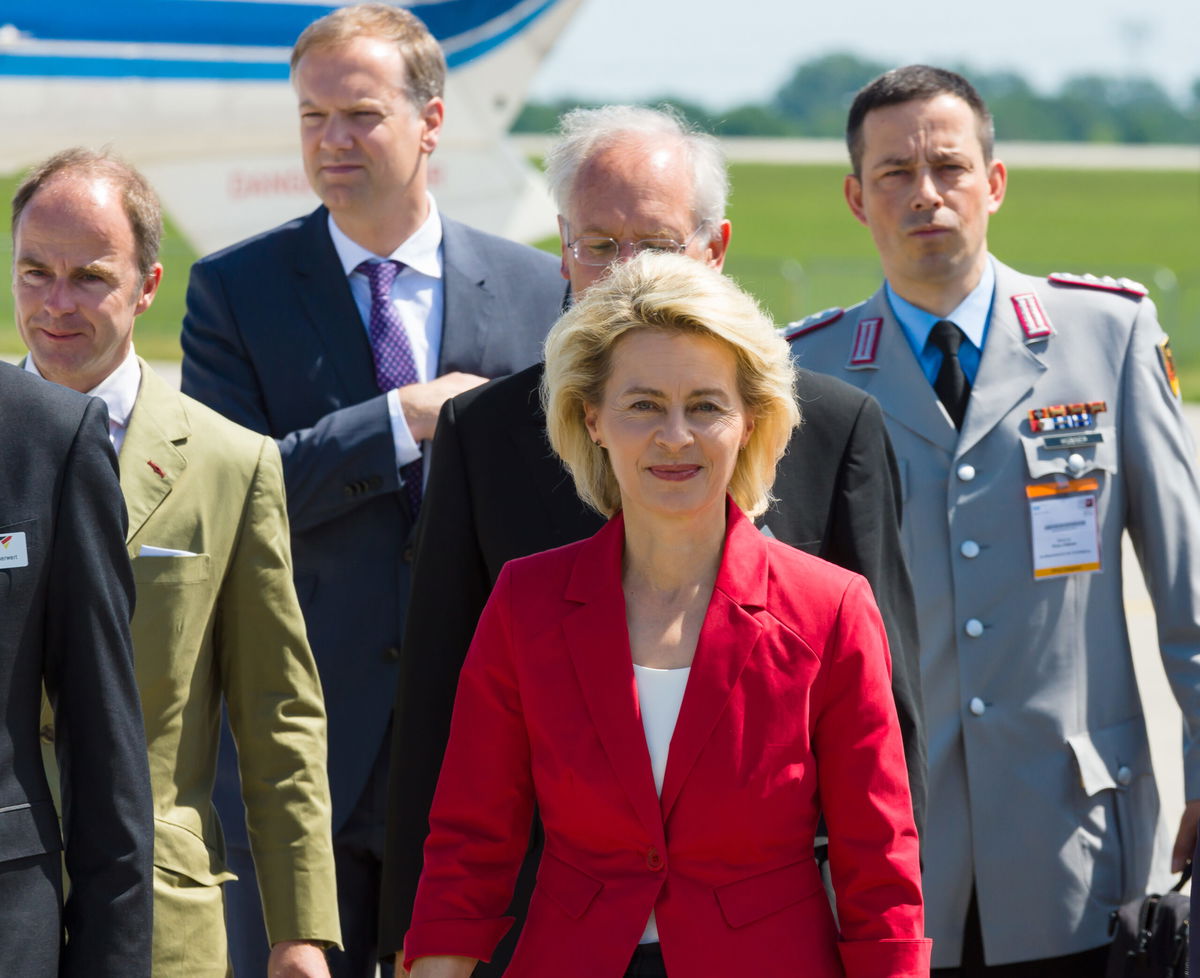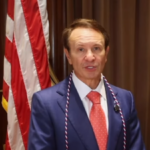Recent economic indicators suggest that Russia is already increasing its difficulties. Photo Credit Sergei Kol/Shutterstock
European Commission President Ursula von der Leyen warned that Russia’s war economy is “overheating” and approaching its limits as the European Union moves to strengthen its sanctions regime and accelerates the timetable for ending Russian liquefied natural gas (LNG).
In a speech opening the EU political season, von der Reyen said Moscow’s military campaign in Ukraine is funded primarily through revenues from fossil fuels, and the bloc must take decisive action to take these funds from the Kremlin. She argued that while Russia continues to put pressure on Europe, economic tensions to maintain the war are beginning to show.
LNG imports are under review
The committee’s latest proposal is to propose a ban on Russian LNG imports by January 1, 2027. The EU has already significantly reduced delivery of pipeline gas from Russia, but liquefied cargo continues to arrive at several European ports. Brussels officials believe that cutting off the remaining supply will significantly reduce Moscow’s revenues while also driving European energy security targets. Noting that the Kremlin’s reliance on fossil fuel exports is particularly vulnerable, Von Der Leyen organized the measure as a strategic step to undermine its ability to maintain its war effort. She declared that it was time for Europe to “turn off the tap” and that it would be possible to maintain economic pressure as long as it is necessary.
Evidence of tension in Moscow
Recent economic indicators suggest that Russia is already increasing its difficulties. Inflation rose sharply, with central banks stabilizing their currency and keeping prices rising to around 17%. At the same time, access to Russia’s international capital markets remains limited, with successive EU sanctions blocking the critical supply of high-tech equipment and financial services.
Von Der Leyen described this as evidence that Russia’s war economy is overheating. She argued that Moscow has adapted by diverting trade through partner states, but the entire system is exposed to increased pressure and cannot last indefinitely.
Close the loophole
The new sanctions package also focuses on tightening enforcement to prevent evasion. European officials are preparing measures against businesses and shipping operators who have encouraged the re-export of Russia’s oil and gas through complex supply chains involving third countries. Plans are being developed to expand the blacklist of vessels associated with the so-called “shadow fleet” that Moscow uses to move energy products outside of established surveillance systems. Von Der Leyen said these steps are essential to ensure that sanctions will bite. She urged member states to remain united, emphasizing that the EU’s strength lies in its ability to act collectively against attempts to undermine restrictions.
Ukraine support
In addition to the sanctions, the Commission President reaffirmed Europe’s commitment to Ukraine. She praised the government for continuing to provide both financial and military support, and called on them to remain immobilized despite the political and economic challenges within the country. “Europe shows that they can stand firm in the face of attack,” she said. “We will demand even greater resolve over the next few months, but we will support Ukraine as long as it is necessary.”
With the latest proposal, Brussels shows that it intends not only to retain its position, but also to increase the economic costs of Russia. The EU hopes to suffocate energy revenues and tighten enforcement of sanctions, thereby accelerating tensions over Moscow’s war economy and ultimately undermining its ability to continue the conflict.








